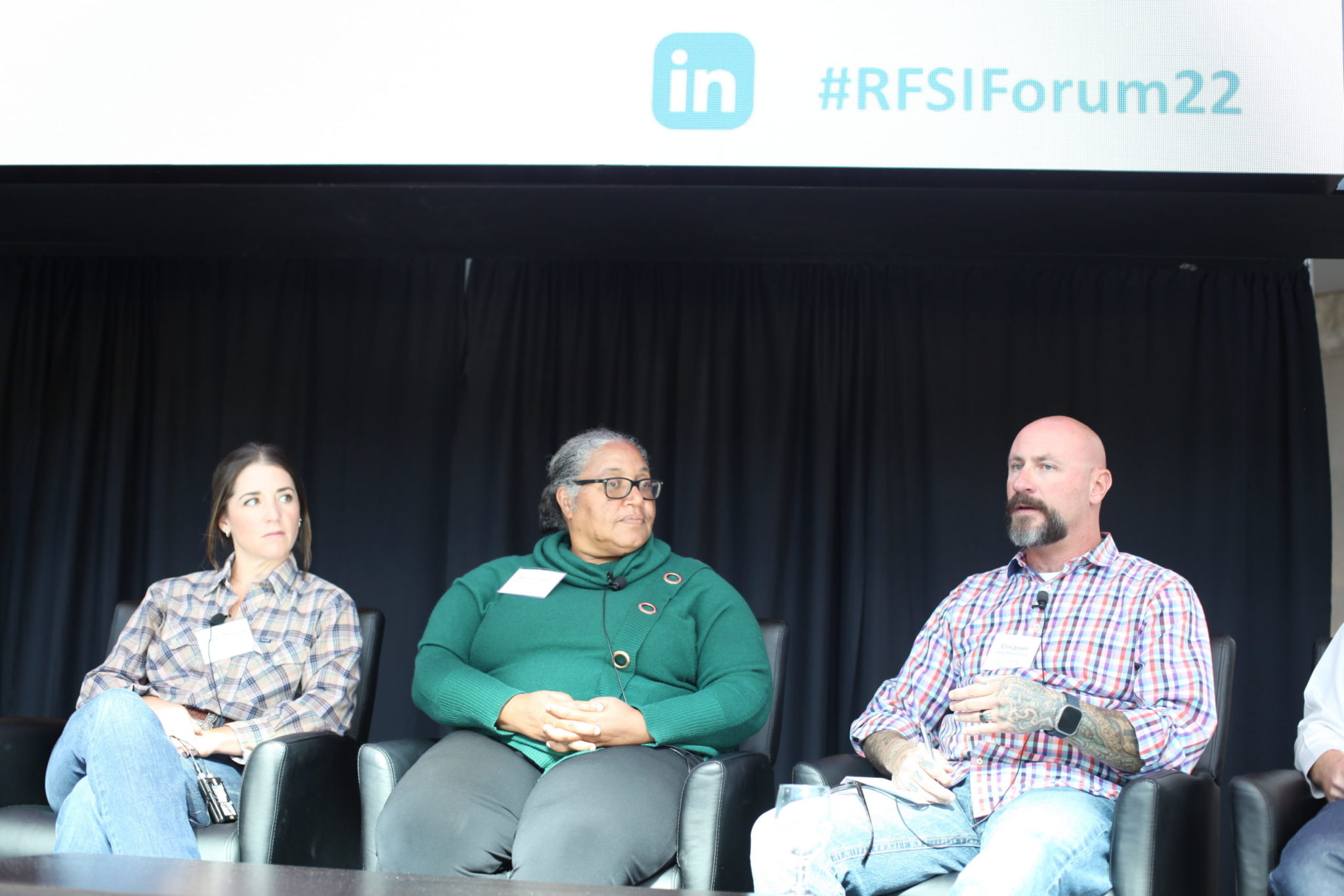Regenerative agriculture is the most compelling investment opportunity EVER.
Those are words from Darren Baccus of Biome Capital Partners and Tripp Wall of Trailhead Capital that kicked off the Regenerative Food Systems Investment Forum in Denver.
David Cooper, who leads the Regenerative Harvest Fund, attended this annual event, where the message was we need to move away from investing in extractive practices, which is our current commercial agricultural model, to one which is more regenerative to lead to long-term sustainable outcomes for the planet.
We all have a role to play to activate different forms of capital for positive outcomes in regenerative food and agricultural systems.
Panelists and attendees discussed debt capital, public and private philanthropic capital, venture capital, real asset investment, corporate investment, and engagement strategies.
“There was agreement that we all play a role in proving that regenerative agriculture is critical to transitioning our food system to one that is reliable, responsible, and replicable,” said David.
Food requires farmers, and farmers cannot make the transition to regenerative practices unless they have aligned agriculture, food, and finance systems to support them. Food processing and other mid-supply chain infrastructure are key to preserving the integrity of regeneratively grown products.
“Processing and packaging is an area that remains underfunded,” said David. “We need new funding vehicles to address processing and supply chains.”
The Regenerative Harvest Fund was highlighted at RFSI as one such innovative approach to solving the capital needs of processing and packaging. It is praised as a new creative model of finance to address the significant funding gaps in middle supply chain infrastructure.
When we close financial gaps, we can incentivize farmers to move to more regenerative practices. This not only helps meet the increased demand for regenerative goods but could reduce the price of goods for consumers. This creates a virtuous cycle of increased adoption of regenerative practices and more sustainable outcomes. Without first addressing financial gaps, very few small businesses along the value chain will be able to promote and procure goods from producers growing food in a regenerative way.
Learn more about the Regenerative Harvest Fund or contact us.


